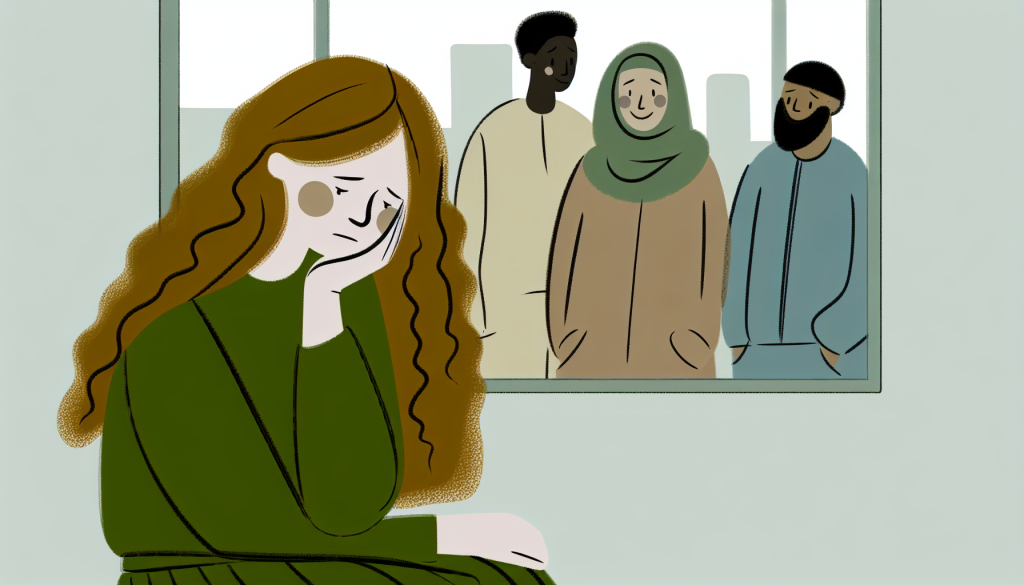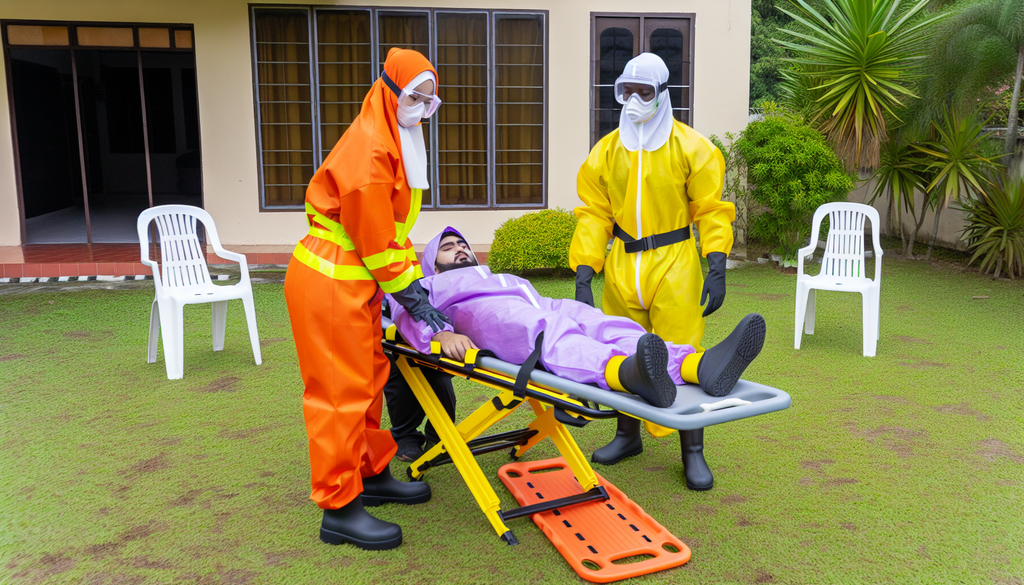Identifying Signs of Borderline Personality Disorder

Recognizing Early Signs Can Improve BPD Treatment
Everyone experiences emotional struggles now and then, especially when it comes to handling strong feelings or maintaining relationships. However, for individuals with borderline personality disorder (BPD), these issues are ongoing and can severely impact their lives. Many people with BPD cope with significant emotional pain, sometimes resulting in self-harming behaviors and thoughts of suicide. Researchers are working to identify signs of BPD early in life with hopes of improving treatment outcomes.
“In the past, BPD was thought to be an adult condition that begins around age 18,” says Dr. Diana Whalen, a professor of psychiatry at Washington University in St. Louis. “But that perspective doesn't hold up. We now believe there are developmental warning signs well before that age.”
People with BPD often act impulsively, have rapid mood swings, and struggle to manage their emotions. These symptoms can interfere with their self-image and ability to sustain healthy relationships with others.
Dr. Whalen and her research team are focusing on detecting early signs in young children who may be vulnerable to BPD. Their studies suggest that children who suppress sadness or struggle to express and understand their emotions may be more likely to develop the disorder later. Other early warning signs include being possessive in friendships or reacting strongly to perceived social rejection.
“It's normal to feel hurt when excluded,” Whalen explains. “What we see in children at risk for BPD is that these feelings last longer and are triggered more easily. For example, they might feel deeply rejected if someone walks past them without saying hello, something others might easily brush off.”
Whalen's group is also examining the impact of social media on these emotional responses. “We’re studying whether constant online access magnifies these feelings,” she says. “Unlike real-life interactions, which have clear beginnings and endings, online communication is ongoing and can make it harder to move on from perceived slights.”
Fortunately, there are treatments that can support those dealing with BPD. A common and effective therapy is dialectical behavior therapy, which teaches emotional regulation and social skills. Some medications can also help reduce symptoms. A qualified mental health provider can guide individuals toward the most effective care plan.
“We study these early indicators not just to understand them, but to lessen the pain that people with BPD experience,” Whalen says. “Adults often tell us they’ve struggled their whole lives — with thoughts of suicide, or going without close friendships.”
If you're noticing that your child is having difficulty maintaining friendships or managing their emotions, Whalen encourages consulting a mental health specialist. They can help develop a personalized approach to care.
“Although BPD isn’t officially diagnosed in young children, there are signs to watch for,” Whalen adds. “If something feels off as early as age 8, it’s absolutely worth bringing up with a professional.”

